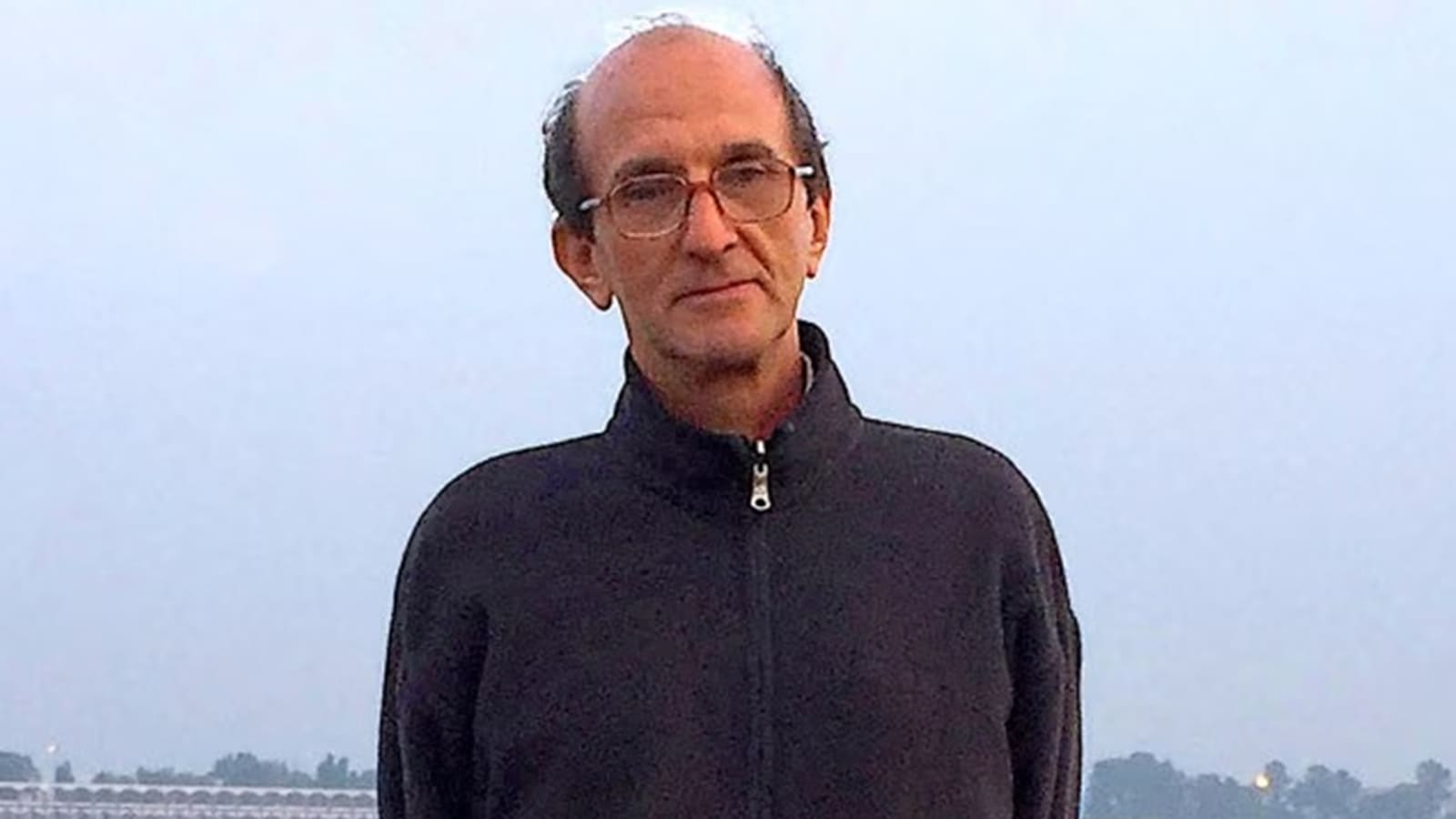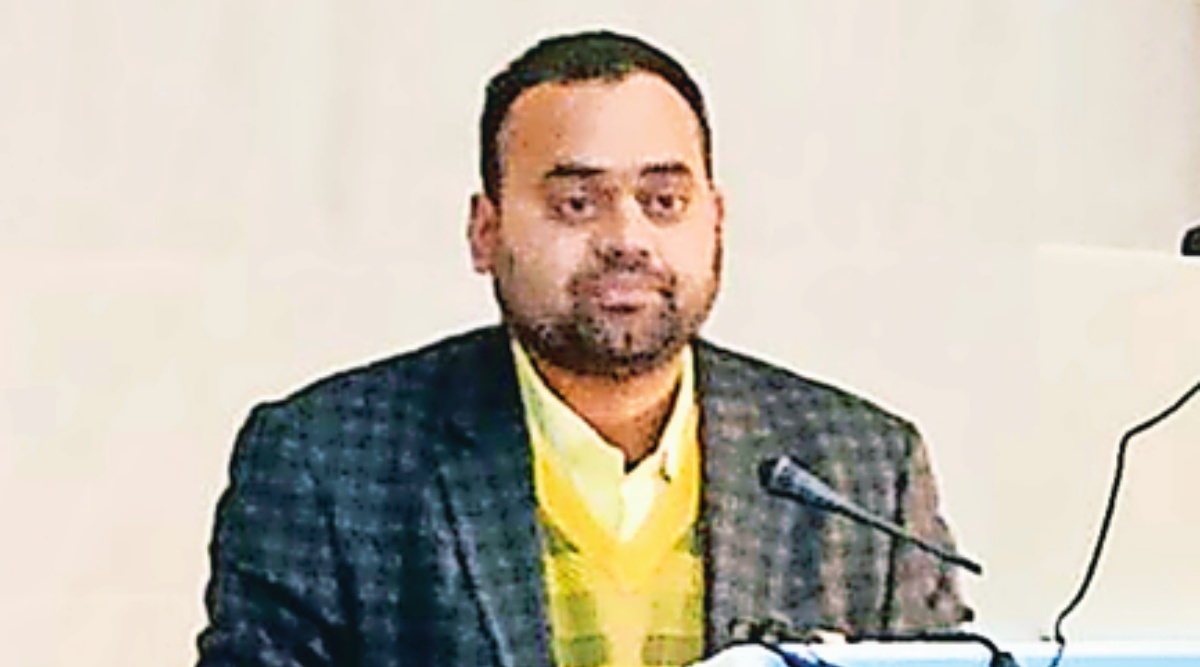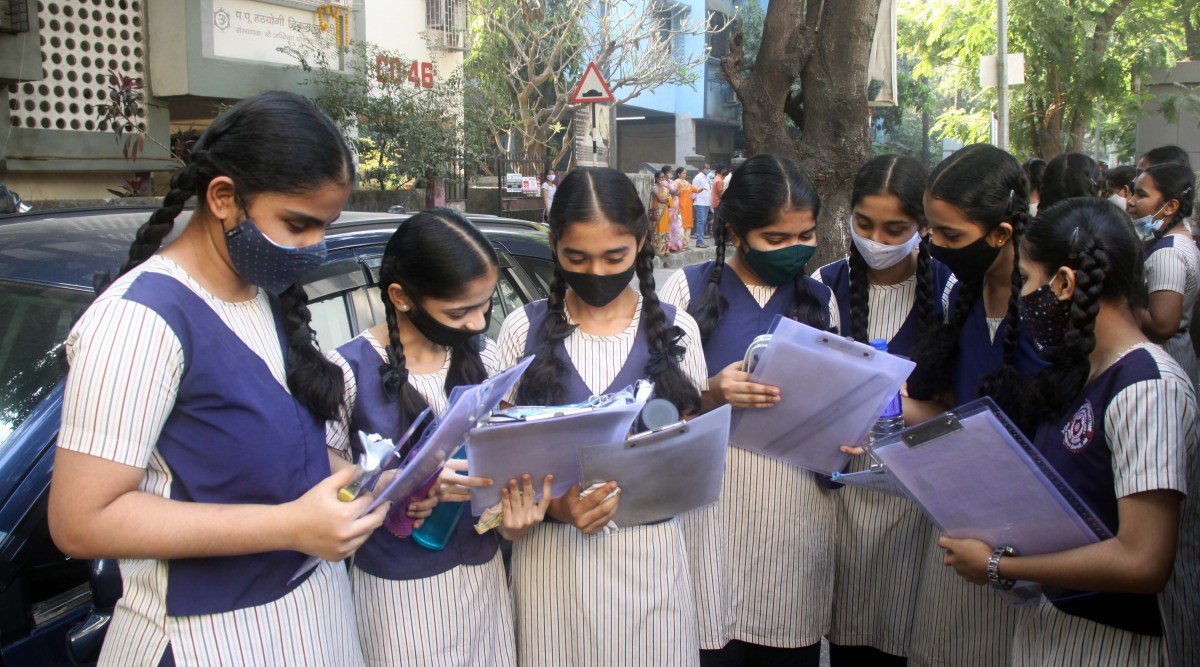“I enjoy (historical) controversies in a kind of perverse way, perhaps,” Michel Danino, 69, said during his lecture at Azim Premji University in October last year. Arguing that “historical controversies” are inherent part of the discipline, he said: “We should not shun controversies, we should desire them. We should make use of them to go deeper into issues.”
Danino, who heads the panel on the NCERT social science textbooks, is no stranger to row. He has delved into subjects, that have generated heat in academic and political circles for decades, which include questions related to the Aryan invasion — in his writings and lectures he rejects it — and the Sarasvati river, which he terms the “life-giving river” of the “Indus-Sarasvati civilisation” or the Harappan civilisation.
Recently, NCERT’s new social science textbooks sparked a row over various matters including their portrayal of Mughal and Delhi Sultanate periods in a negative light, omission of Tipu Sultan and Anglo-Mysore wars over resistance to the East India Company, and a map showing a large swathe of the country and beyond, including Rajasthan belts, as part of the Maratha empire. In his response to criticism against these books, Danino, also a guest professor at IIT Gandhinagar, told The Indian Express: “Criticism is welcome, but the strident criticism that this is communalisation of education… or sometimes people say my clan, my hero is missing… that’s not acceptable… We take representative figures, and try to select them in a way that bears significance across India.”
While the new NCERT books have brought him into the limelight again, the French-born Danino, who was awarded the Padma Shri in 2017, was once, in his words, “on the margins of academia”. In France, he studied maths, physics and engineering. While he enjoyed science, he felt it didn’t have “answers to major issues”. In the early 1970s, he got interested in Indian spirituality, Sri Aurobindo, and the “Mother” (Mirra Alfassa, who established Auroville in Pondicherry).
“It was in the air — there was information going around (on Sri Aurobindo and Auroville). There was a famous short movie on French TV by a well-known filmmaker. Auroville started in 1968, and people were already working there. It attracted me because of Sri Aurobindo’s vision of human unity — it would be possible only with a very substantial transformation of human nature. I landed in Auroville in 1977,” said Danino.
Deciding to spend his life in India, Danino started translating, editing and publishing texts related to Aurobindo and the “Mother”. He was drawn to Aurobindo’s ideas on Indian civilisation and its ancient past. “In his writings, he (Aurobindo) brought up what used to be called the ‘genius of Indian civilisation’. He was convinced going back to those roots could help us meet today’s and tomorrow’s challenges much better. This led me to further exploration of Indian civilisation.”
His “cursory readings” became systematic, and he began to take part in conferences, and present, publish papers. He gave three series of lectures at IIT Kanpur. Danino was then scholar-in-residence at IIT Kanpur. The lectures caught IIT Gandhinagar’s founding director Professor Sudhir Jain’s attention. Danino began as guest professor at IIT Gandhinagar in 2011, helped set up Archaeological Sciences Centre at the institute, coordinated an Indian Knowledge Systems discipline, and offered courses like “Perspectives on Indian Civilisation”.
Story continues below this ad
Now, referring to his NCERT panel, Danino said it was mandated to develop the social science textbooks within the framework of the National Education Policy 2020 and the National Curriculum Framework for School Education 2023. On new textbooks, he said: “In some of our workshops, I said we’ll get brickbats when the textbooks are out. I declared my objective was to get equal brickbats from both sides of the spectrum so that we will know we have done a good job. And ironically, that’s almost what’s happening.”
Danino said since the new curriculum involves having a single social science book instead of separate ones for subjects like history, geography, and political science, “we have limited space”. “We try to focus on what is important that we would like our students to remember, if possible, all their life.”
Danino said: “The least genuine criticism is we are writing under the gaze of ideological movements like RSS, etc. This is completely false. We never felt any undue influence. People are not willing to believe that because it’s a convenient argument to dismiss the whole effort without seriously looking at it. We have not said that the textbooks are perfect. How can they be perfect? It’s the first attempt and done in a short time. They have to be revised and looked at afresh from year to year.”
© The Indian Express Pvt Ltd







